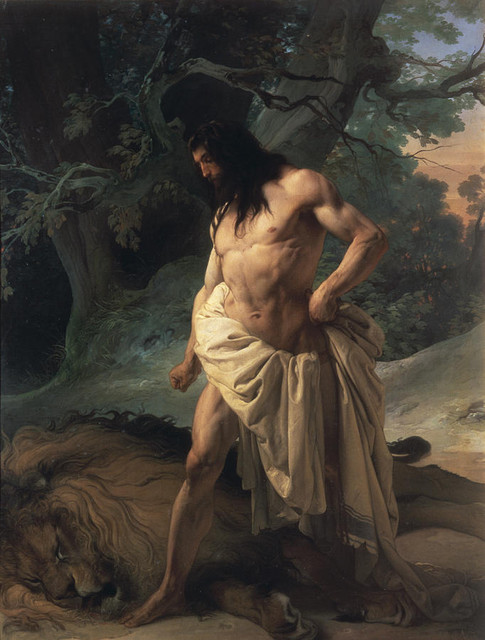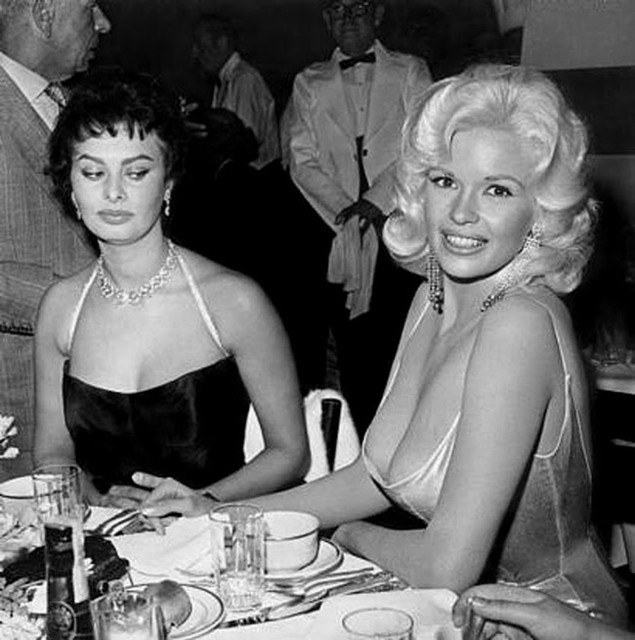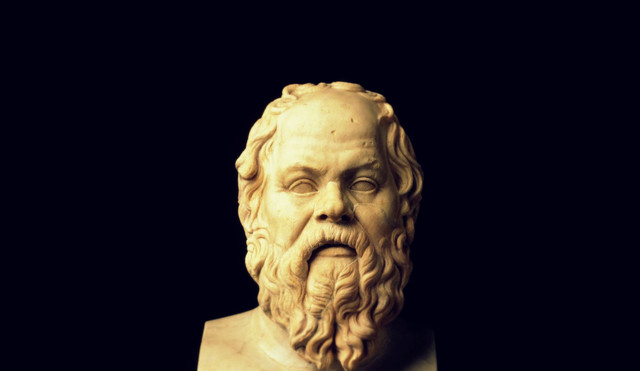Tempus Edax Rerum
Sexless, Neutered, tax-paying Mouse
★★★★★
- Joined
- Nov 11, 2017
- Posts
- 1,907
Humans are social animals by nature. They wish to find comfort in the herd, they wish find safety and acceptance in numbers. This is the fate of all the creatures that are to weak to survive on their own. They exchange their individuality and freedom for conformity and safety. While individually weak, a group which is a collection of many weaker individuals will be stronger than any single strong individual. Although, when a man forms his mind on anothers, when the actions and opinions of the man cease to be his own and become that of the group, he ceases to be man.

The higher man requires his solitude and freedom from the herd – the “innumerable…small and pitiable men” (Thus Spoke Zarathustra). As Nietzsche wrote:

In contrast to these higher humans, there exist the many – the herd. The herd is composed of two types: the last man, and the slave.
The last man is the quintessential mediocre man. Striving solely for comfort and contentment, an end which makes him lazy and contemptible, the last man is wholly devoid of any creative urge within, and blind to higher values which render creativity possible.


The slave, in contrast, is a weak and sickly human being, who suffers from himself and is filled with what Nietzsche called ressentiment – a festering hatred of life generated by feelings of impotence in the face of an external reality he feels to be overpowering and threatening.

If I remember correctly, when Socrates was on trial(one of many trials) in ancient Greece, for the crime of corrupting the youth (teaching philosophy and critical thinking) and for rejecting modern gods like Zeus (atheism). In his defense, he said that he is simply following his "nature", which is the ability to think for himself. He looks for truth not in numbers, or in popular opinions, rather that he seeks it individually. He is helpless to act otherwise, such an act would be contrary to his "nature". Then he gave an example of how some men have a similar"nature" to solitary animals such as mountain lions or tigers who are strong solitary animals, that cannot endure the company of others; they rely on their strength and their own individuality to survive in the world. While there are many who are born weak like the sheep or gazelles of Africa, who are only capable of surviving in the world by giving up their freedom and seeking strength in numbers.

“Once conform, once do what other people do because they do it, and a lethargy steals over all the finer nerves and faculties of the soul. One becomes all outer show and inward emptiness; dull, callous, and indifferent.” (Virginia Woolf)
“Surrounded by hordes of people, busy with all sorts of secular matters, more and more shrewd about the ways of the world – such a person forgets himself, forgets his name divinely understood, does not dare to believe in himself, finds it too risky to be himself, far easier and safer to be like the others, to become a copy, a number, part of the crowd.” (Soren Kierkegaard, The Sickness Unto Death)

The higher man requires his solitude and freedom from the herd – the “innumerable…small and pitiable men” (Thus Spoke Zarathustra). As Nietzsche wrote:
“The concept of greatness entails being noble, wanting to be by oneself, being able to be different, standing alone and having to live independently.” (Beyond good and Evil)

In contrast to these higher humans, there exist the many – the herd. The herd is composed of two types: the last man, and the slave.
The last man is the quintessential mediocre man. Striving solely for comfort and contentment, an end which makes him lazy and contemptible, the last man is wholly devoid of any creative urge within, and blind to higher values which render creativity possible.


The slave, in contrast, is a weak and sickly human being, who suffers from himself and is filled with what Nietzsche called ressentiment – a festering hatred of life generated by feelings of impotence in the face of an external reality he feels to be overpowering and threatening.
The presence of ressentiment conjures feelings of envy within the slave towards all those who do not suffer as they do – namely, the higher human beings. This envy motivates the slave to take vengeance on the higher humans. Banding together to obtain a “communal feeling of power” – the only type of power available to the slave – and under the pretext of calls for equality, the slave attempts to bring down to a more mediocre level all those higher than him through the construction of a slave, or herd, morality.“There is among men as in every other animal species an excess of failures, of the sick, degenerating, infirm, who suffer necessarily; the successful cases are, among men, too, always the exception” (Beyond good and Evil)

If I remember correctly, when Socrates was on trial(one of many trials) in ancient Greece, for the crime of corrupting the youth (teaching philosophy and critical thinking) and for rejecting modern gods like Zeus (atheism). In his defense, he said that he is simply following his "nature", which is the ability to think for himself. He looks for truth not in numbers, or in popular opinions, rather that he seeks it individually. He is helpless to act otherwise, such an act would be contrary to his "nature". Then he gave an example of how some men have a similar"nature" to solitary animals such as mountain lions or tigers who are strong solitary animals, that cannot endure the company of others; they rely on their strength and their own individuality to survive in the world. While there are many who are born weak like the sheep or gazelles of Africa, who are only capable of surviving in the world by giving up their freedom and seeking strength in numbers.







